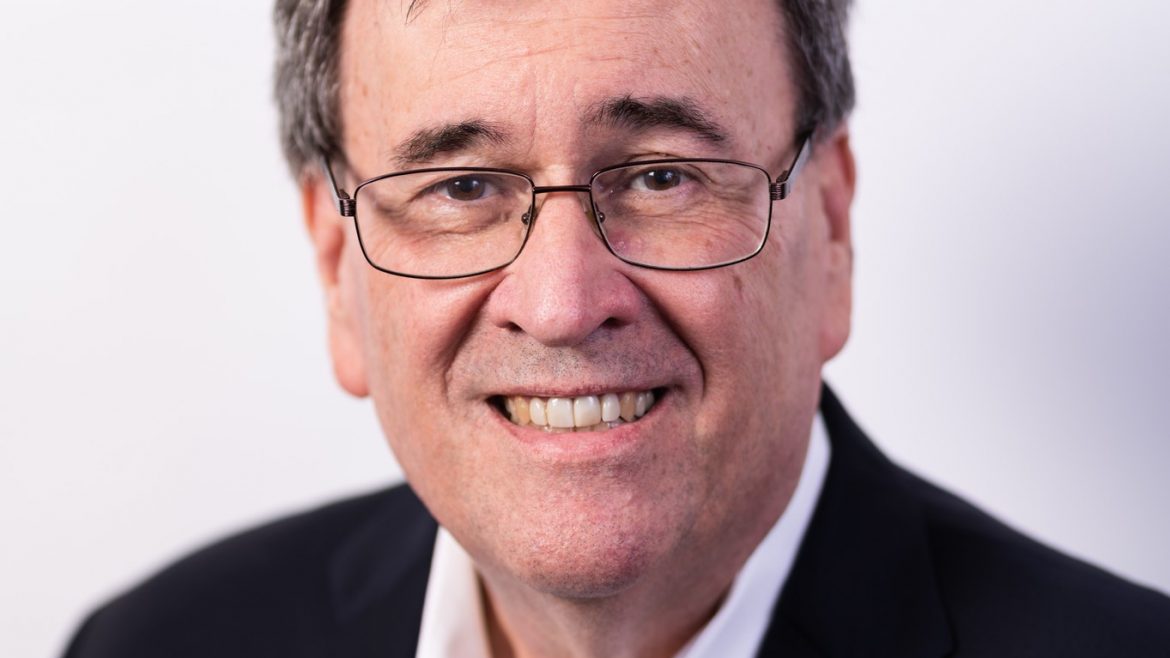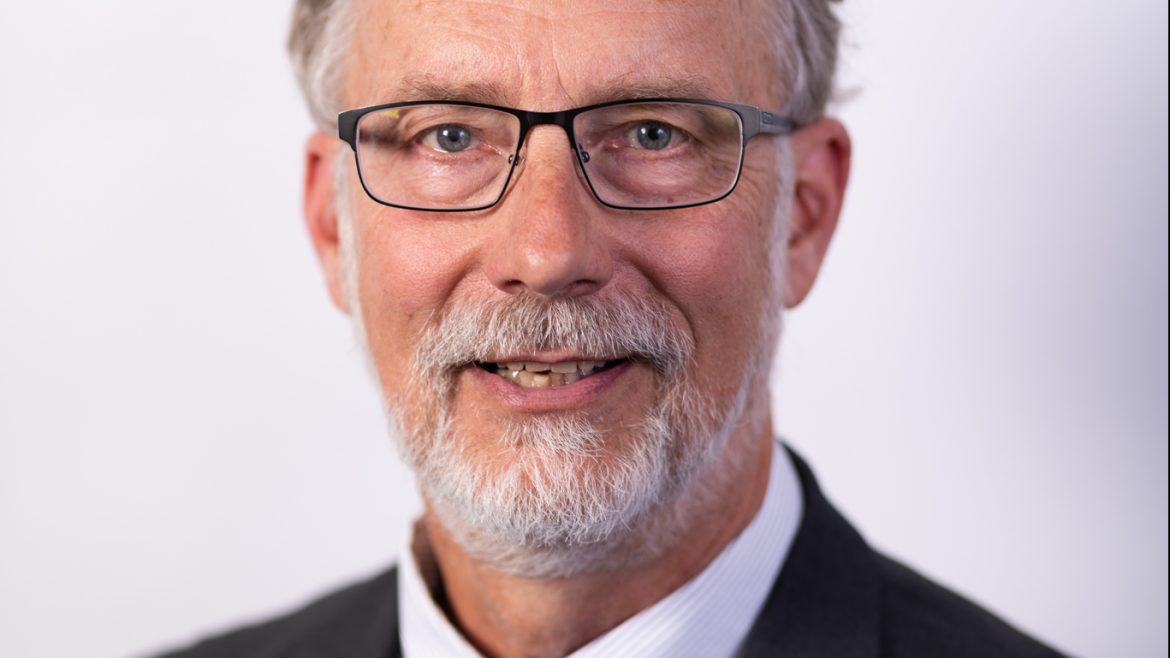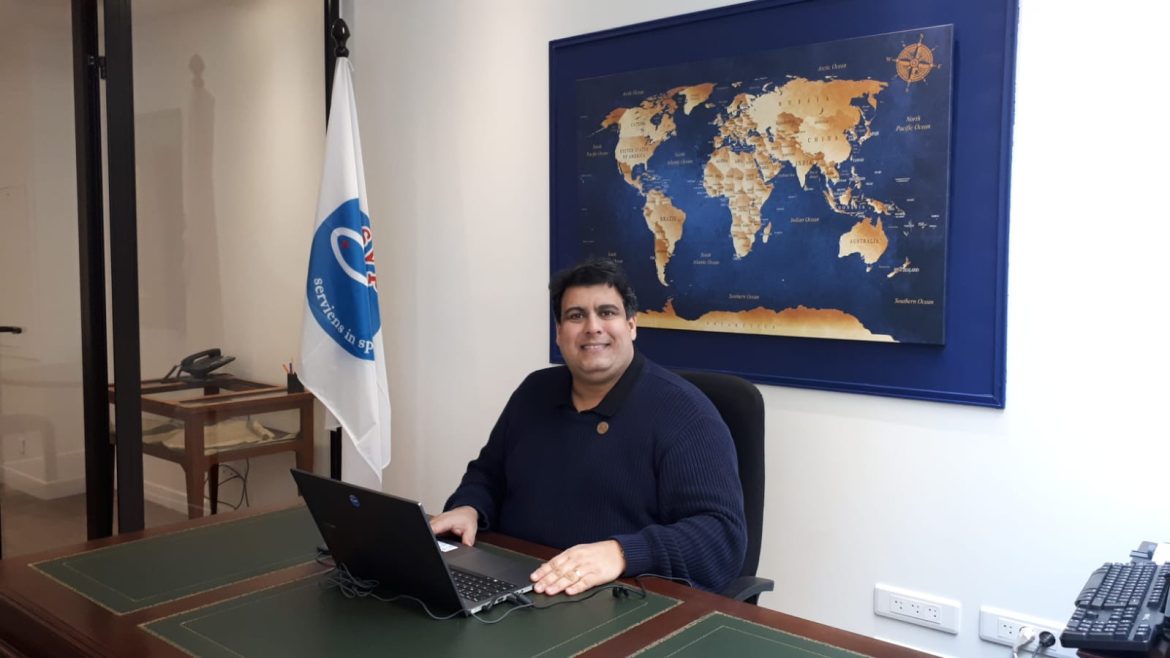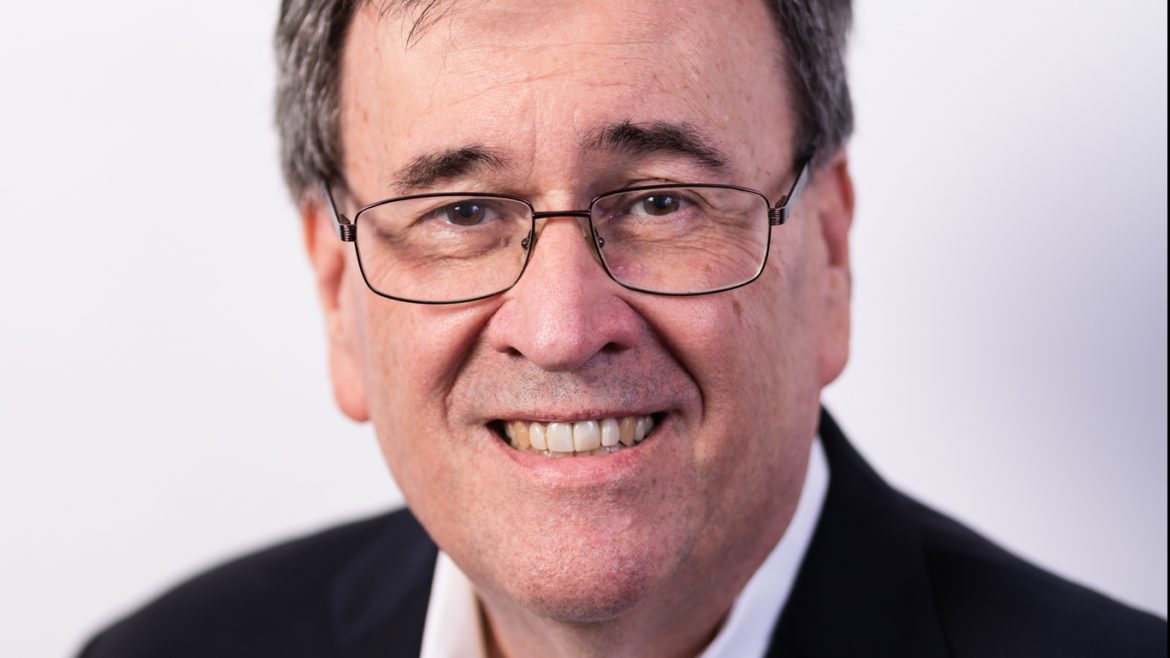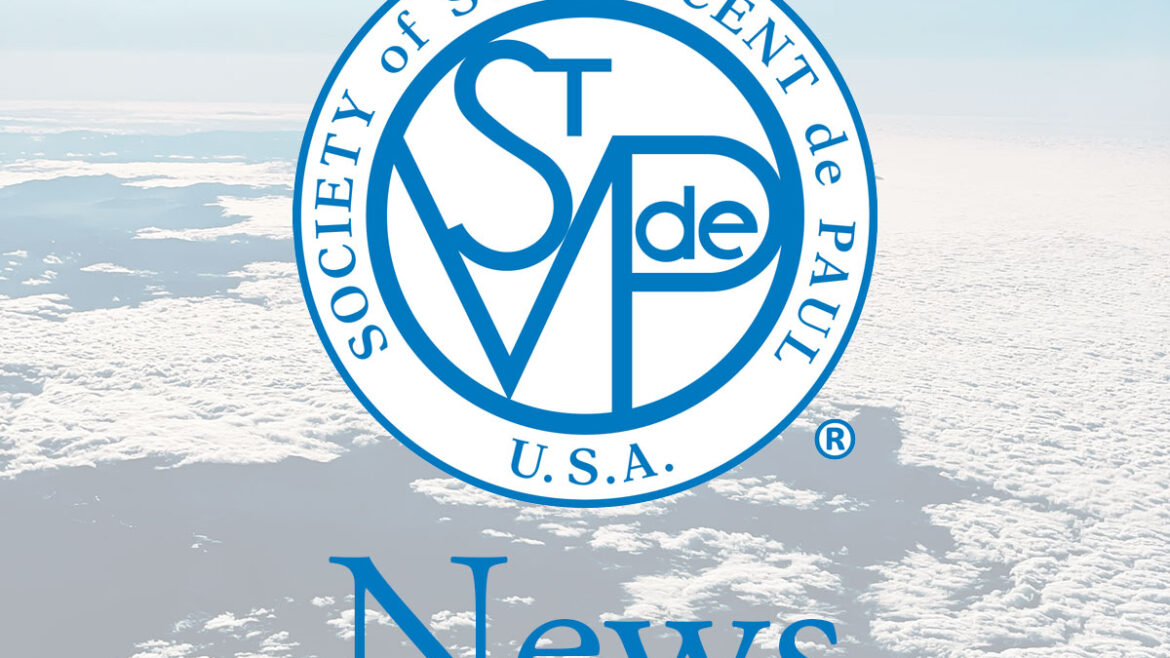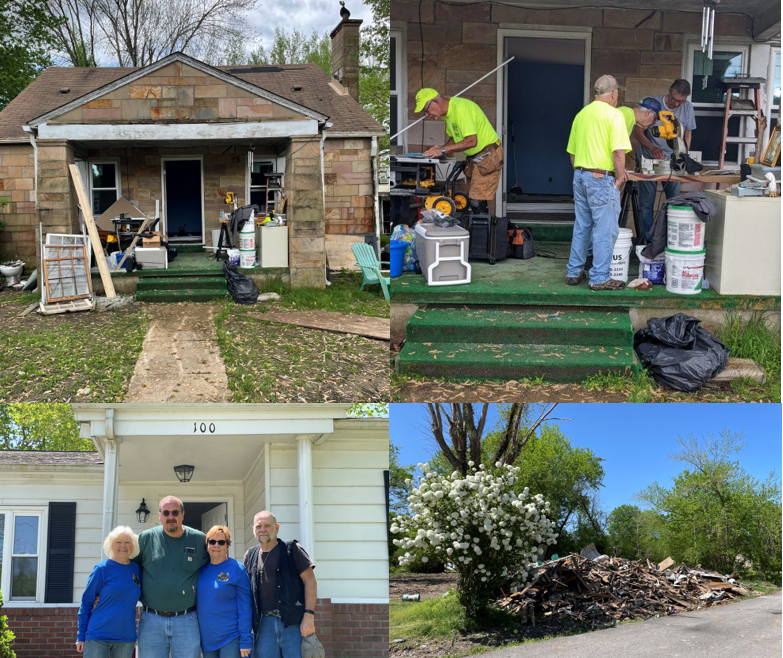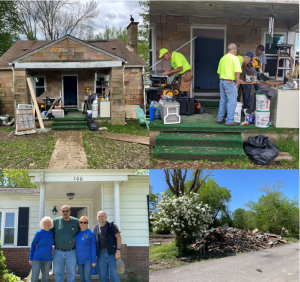Sir Paul McCartney is touring again this year. In a few days he will turn 80 years old, but he still takes on the grind of travel to different cities and several hours of concert performing almost nightly.
I saw him in the late 1980s, when he played RFK Stadium in DC for two consecutive July days. (I attended both shows, but please don’t tell either woman who went with me once!) He was already nearly 20 years from his last Beatles album and about 15 years from his “Wings at the Speed of Sound” album and tour. We all thought it was pretty cool, if not historic, to see him live and in person.
Over the years I have kept Sir Paul rolling in money, having bought the same albums first on vinyl, and then again on 8-track (kids, ask your parents), cassette, CD, and now streaming services. Heck, vinyl is cool again, so I could buy another box set at many times the price of the first album!
The songs sound better than ever thanks to digital technology and re-mastering. It’s just not the same, though, as seeing a live concert, with all its potential for between-song artist comments, little glitches, cranked up amplifiers, impromptu guitar riffs and of course, the environment of thousands of fans standing and screaming. There is something special about just being in the same room, even if that room holds 50,000 others.
Imagine if Christ had not appeared in person to the Apostles after His crucifixion, but instead sent a messenger, or since all is in His power sent some sort of recorded message. Impressive? Definitely! But nowhere near as powerful as His appearing in a locked room – after His own death.
After their shock subsided a bit, we know that the Apostles listened, and then remembered Christ’s words and image for the rest of their lives. They spread His message and their personal encounter around the known world.
As Vincentians we have almost the same opportunity. How often do we say that we see the Face of Christ during a Home Visit? And that we hope that those we serve see the Face of Christ likewise in us in our humble service? We certainly are not the Lord, but we bring his messages of hope and love with us when we enter the home of a neighbor in need.
Over the pandemic period, we needed to innovate to maintain our service to people in need. Often, during the suspension of person to person contact this meant a greater use of the telephone and Zoom or other computer-driven tools to make a connection and to provide for emergency needs. Yet it was never planned to use these tools permanently.
Yes, a phone call is more efficient than driving to and from someone’s house, and a phone interaction is more likely to be brief compared to a personal visit. Yet brevity and efficiency has never been our mission or even our intention. No, as Vincentians we are more focused on caring, friendship and prayer, none of which are driven by a clock or even a calendar. Relationships take and deserve both our hearts and our time, whether it be hours, days, or months.
We concert-goers vividly remember the time and place of seeing our favorite musical artists. The in-person experience leaves such a lasting impression. Likewise, our friends in need will often long remember our Vincentian presence as the Face of Christ during our Home Visit. They will remember the help we gave them and most of all, our compassionate spirit and hopeful attitude.
As McCartney once co-wrote, “And in the end, the love you take is equal to the love you make.” Let’s avoid whenever possible anything less than our physical presence in the homes of our friends in their time of material and spiritual needs. Be a Vincentian rock star!
Yours in Christ,
Dave Barringer
CEO

